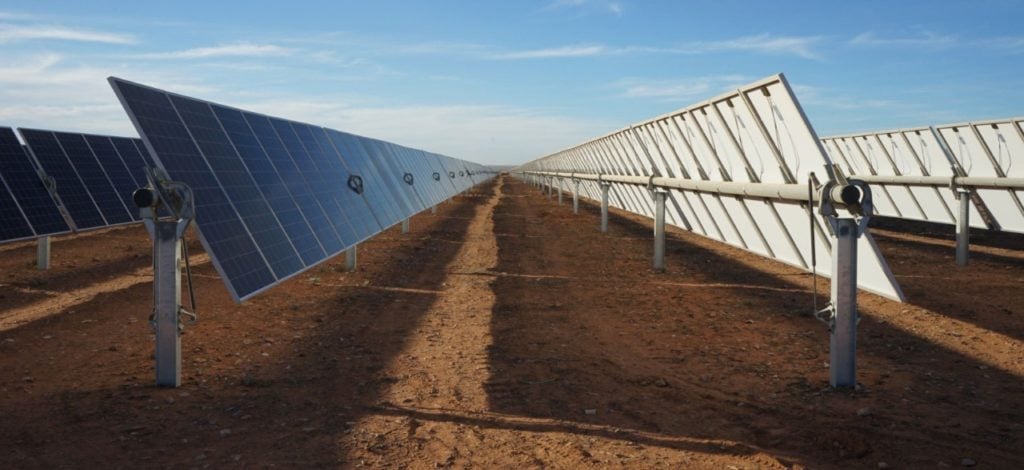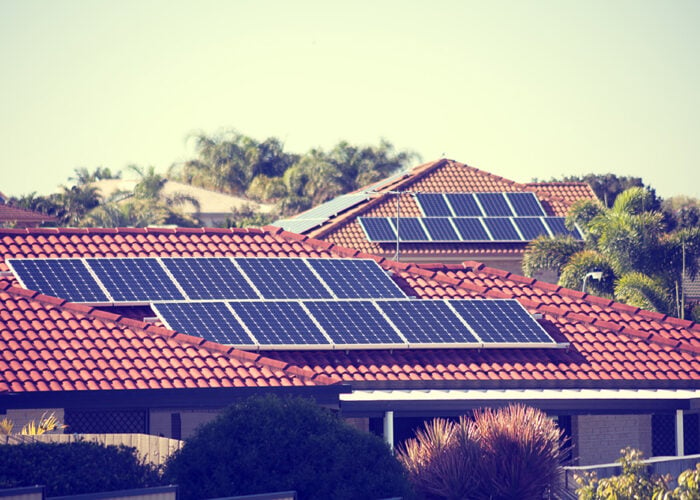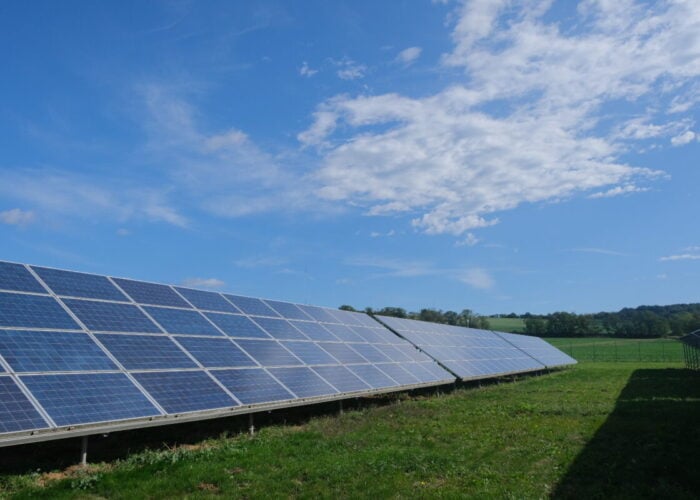
Machine learning techniques have been used in a study to boost the accuracy of renewables forecasts by up to 45%, helping improve grid operations in Australia.
The study, funded by the Australian Renewable Energy Agency (ARENA), is being coordinated by Monash University’s Grid Innovation Hub, industrial engineering firm Worley and renewables investor Palisade Energy and is designed to provide electricity generators with more accurate forecasting tools.
Unlock unlimited access for 12 whole months of distinctive global analysis
Photovoltaics International is now included.
- Regular insight and analysis of the industry’s biggest developments
- In-depth interviews with the industry’s leading figures
- Unlimited digital access to the PV Tech Power journal catalogue
- Unlimited digital access to the Photovoltaics International journal catalogue
- Access to more than 1,000 technical papers
- Discounts on Solar Media’s portfolio of events, in-person and virtual
First launched in 2018, the study has contributed towards the development of forecasting models that are based on machine learning algorithms that draw on supervisory control and data acquisition (SCADA) data feeds from specific generators, which include a wind farm in South Australia and a solar farm in Queensland.
These forecasting models have been used to produce more accurate five-minute ahead forecasts, which in turn reduce the frequency of poor dispatch, allowing greater penetration of renewables sources on national grids.
Worley said that the forecasting algorithms helped improve power output predictions by 45%.
“Natural variations in weather makes it difficult for renewable generators to accurately forecast their short-term power generation levels and this impacts grid stability. In 2020 alone, inaccurate power predictions cost Australian generators AU$210 million, so using machine learning algorithms to see five minutes into the future is incredibly valuable,” Denis Marshment, global vice president for data science customer solutions at Worley, said.
Worley added that the findings from the study would add to the “overall body of knowledge” around the use of machine learning in renewables forecasting and confirmed that the resulting forecasting models can be applied to all generators based in Australia, but stressed that more research was needed with regards solar projects.
The study was led by Dr Christoph Bergmeir from the Department of Data Science and AI at Monash University’s Faculty of Information Technology. Bergmeir said reliable short-term prediction methods were necessary to achieve network stability while accommodating greater quantities of renewable power.
“If renewable generators can lower their causer pays factors, they can produce electricity cheaper, and eventually that saving could be passed on to the customers. It would also make renewables more competitive, which is also a desirable outcome,” Bergmeir said.







